mimicry (2010) __
the shaman (2009) __
sieg und niederlage (2008-10) __
expansion der gegenwart (2009) __
brigade joussance (2004) __
spaßkulturen (1997) __
international fuel crisis (2007-2010) __
kunst des nationalismus (2006) __
unkirche (2007) __
widerlegung der unterhaltung (1998) __
traktat über die schlange (1998) __
turns (2001-2009)


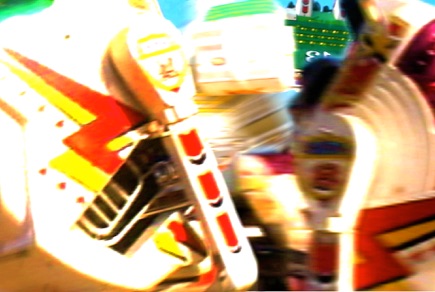
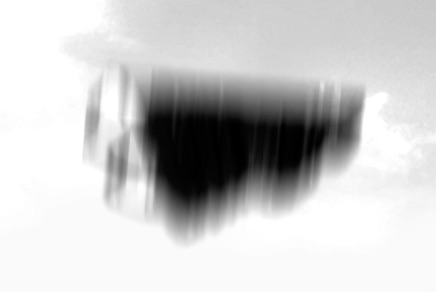
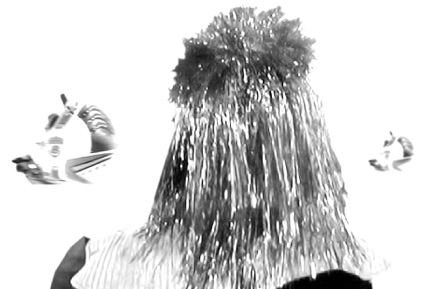

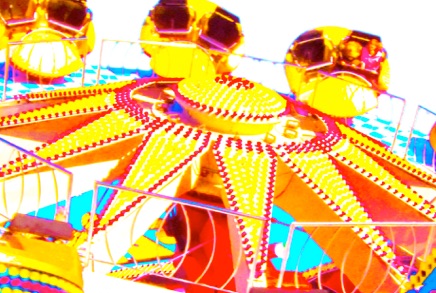
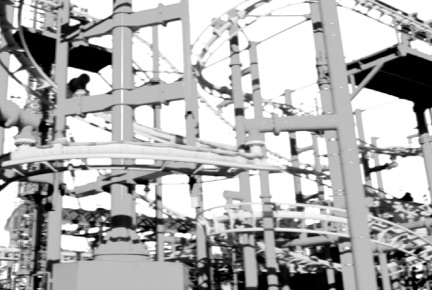
The Metaphysical Revolution of Desire (2003)
Lolac II., the god of the spirits, engages in a dispute with Lasca, the goddess of joy. They are joined by a crowd of divine players.
A competition is to determine the political hierarchy in the plateaus of eternal play.
Stigmat I., a new god is born. Pure spirit, and different from the others.
LORC, the superior god, is supervising the competition.
Eventually, competition turns into desire...
Soon, he is expelled from the plateaus.
He will start a revolt against the divine establishment...
The love/body problem
Firstly, 'love' is often used as the ultimate explanation. St. Augustine writes that it is love that forces a stone to fall to the ground. Novalis speaks of love as the 'final purpose'.
Secondly, love is simultaneously the phenomenon that challenges any ultimate explanation – it is the last bastion of (inter)subjective autonomy. In the Aristotelian and Kantian tradition it is a 'purpose in itself'.
Thirdly, love as a libidinal force emerges as a modus operandi not only of social life but of politics and of epistemology: from Nietzsches nature-art-'drive' via Deleuze/Guattari ("sexuality is everywhere") to Maturana's 'Biology of Love' – i.e. love/libido constitutes a structural 'purpose'.
Fourthly, neuroscience reverses the Augustinian claim: the ultimate goal is to explain love the way the law of gravitation is explained (particles, functions, laws: Oxytocin, Pheromones, Dopamine, Serotonine etc.). Love is purposeful, but it is not a purpose in itself.
These four aspects raise various questions: How is ultimate passion correlated with ultimate being? In what regard (e.g. Bataille) is the excessive nature of human existence accounted for? How can we rehabilitate Augustine's claim without resorting to Christian agape or a romanticizing of science? How can we replace the 'universality of love' with a, say, 'loving universality'? What is the metaphysics of love? etc.
(2005)